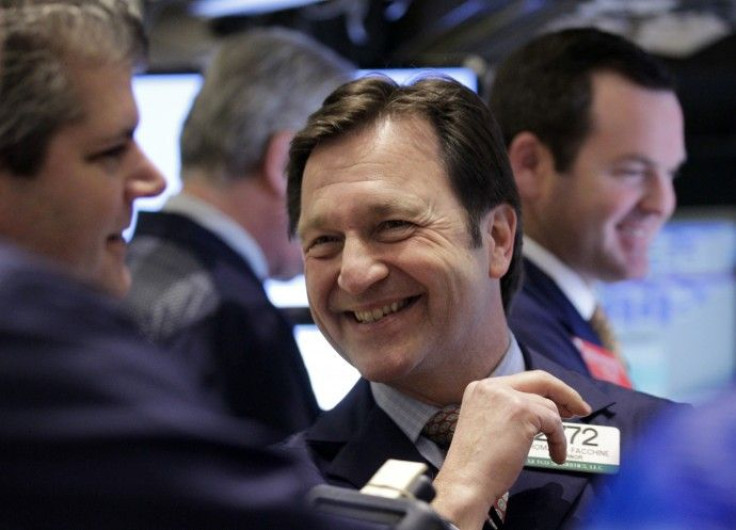The Market Has Been ‘Forgiving’ This Week

Risk assets have performed surprisingly well this week.
Taking the US equities market as an illustrative example, it has rallied over 5 percent from last week’s lows.
While Japan’s nuclear situation has somewhat stabilized during this period, concerns over radiation leakage still remain. Meanwhile, the unrest in Libya and other Arab countries and Portugal’s sovereign debt crisis concerns have arguably deteriorated.
Moreover, US economic data has been quite negative; housing data was horrendous and durable goods orders were highly disappointing. The only encouraging report was the (volatile) weekly jobless claims data.
Still, global investors’ sentiment was “risk-on.”
Not only did global equities do well, high-yielding currencies also outperformed low-yielding currencies.
Daragh Maher of Crédit Agricole said the best way to describe the market’s mood this week is “forgiving.”
He said: “A dispassionate view of the world throws up any number of points of concern, including the ongoing political turmoil in the Middle East & North Africa (MENA), the unravelling political backdrop within the Eurozone, the still-prevalent nuclear issue in Japan and the more mundane threat of rising global inflation. Yet, the financial markets appear to be taking a rather sanguine view of such potential headaches of late.”
A concerned Maher said it’s “disquieting” that there was no good explanation for the rally.
“In such circumstances, the mood could be fickle,” he said.
There is, however, a more positive way to interpret the market’s behavior this week.
What the market essentially did was rally in spite of bearish news (or in the absence of bullish news). This is a very bullish sign. (Conversely, if a market declines on bullish news, it’s a bearish sign).
Legendary investor John Templeton said the following about bull markets: “bull markets are born on pessimism, grow on skepticism, mature on optimism, and die on euphoria.”
Amid the extreme pessimism of March 2009, the current bull market was born.
Currently, it’s growing on skepticism. In a growing bull market, skepticism (whether legitimate or unfounded) can’t keep investors from buying for long.
This week, investors decided that the dip in this bull market (which started back in mid-February) has lasted too long. Some of them could no longer stand on the sidelines and wait for good news come; they simply went ahead and started to buy risk assets.
Email Hao Li at hao.li@ibtimes.com
Click here to follow the IBTIMES Global Markets page on Facebook
Click here to read recent articles by Hao Li
© Copyright IBTimes 2024. All rights reserved.











